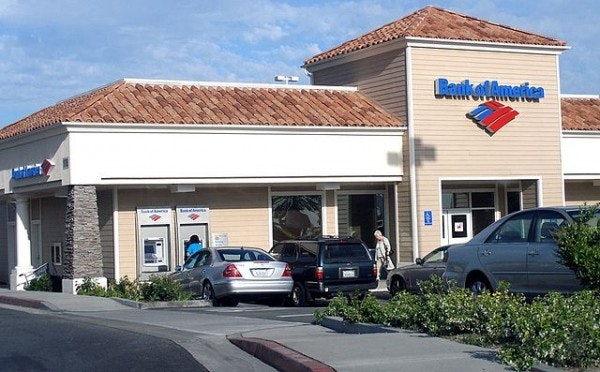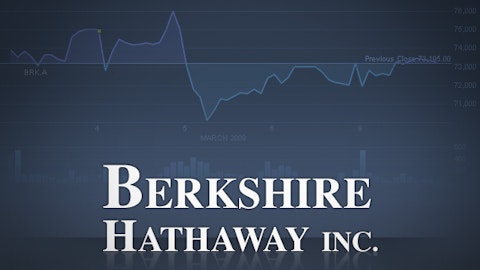Yesterday, Goldman Sachs Group, Inc. (NYSE:GS) announced that it had come to a new deal with Berkshire Hathaway Inc. (NYSE:BRK.B) under which Berkshire will take a big stake in Goldman shares as soon as Berkshire’s warrants on the Wall Street investment company expire this fall. Yet while many analysts have marveled at the vote of confidence that CEO Warren Buffett’s move represents in Goldman’s future, the real surprise is that Berkshire gave up the chance to take a much larger position in Goldman.

The original deal
To understand the implications of the modification that Goldman Sachs Group, Inc. (NYSE:GS) and Berkshire agreed to, you first have to look at the history of how the two companies got together in the first place. During the financial crisis, Goldman was among many banks facing a major capital crunch. But rather than doing a massively dilutive offering of shares at just about the worst possible time, Goldman instead turned to the Oracle of Omaha for financing. Berkshire Hathaway Inc. (NYSE:BRK.B) and Goldman agreed to terms under which Berkshire gave the Wall Street giant $5 billion in exchange for two things: preferred stock paying dividends of 10%, and warrants to purchase $5 billion in common stock at the then prevailing price of $115.
Once Goldman Sachs Group, Inc. (NYSE:GS) had recovered, it quickly redeemed the preferred stock, paying a premium of $500 million above the $5 billion face value in order to avoid having to continue to pay exorbitant financing costs of 10%. But the warrants remained outstanding, and with their having a five-year term, October 2013 loomed large as the date on which those warrants would come due. As Goldman’s share price rose ever higher, the odds of those warrants getting exercised grew to a near-certainty.
What could have been
If Berkshire Hathaway Inc. (NYSE:BRK.B) had stuck with the original deal, then it could have picked up roughly 43.5 million shares of Goldman, worth almost $6.4 billion today, for the bargain price of an additional $5 billion. Given how much cash Berkshire has in its coffers, that deal could easily have qualified as one of Buffett’s famed “elephant” investments, giving the insurance giant a stake of about 9% in Goldman.
That position may sound huge, but it’s definitely not unprecedented, especially for a portfolio the size of Berkshire’s. Buffett’s company already holds roughly 9% stakes in Wells Fargo & Co. (NYSE:WFC) and The Coca-Cola Company (NYSE:KO), as well as nearly 14% of the outstanding shares of American Express Company (NYSE:AXP). Moreover, a $6.4 billion investment in Goldman Sachs Group, Inc. (NYSE:GS) would fall far short of the 10-figure sums that Berkshire owns in each of those three companies.
But under the new agreement, Berkshire Hathaway Inc. (NYSE:BRK.B) agreed to what’s known as a cashless exercise of its warrants. Rather than paying the $115 per share under the terms of the warrant, Berkshire will receive whatever number of shares corresponds to the paper profits of its warrant position as of late September. At the current price for Goldman shares, that would be about $31 per share, and Berkshire would end up with about 9.2 million shares — barely a fifth of what its position would be in a full exercise.

